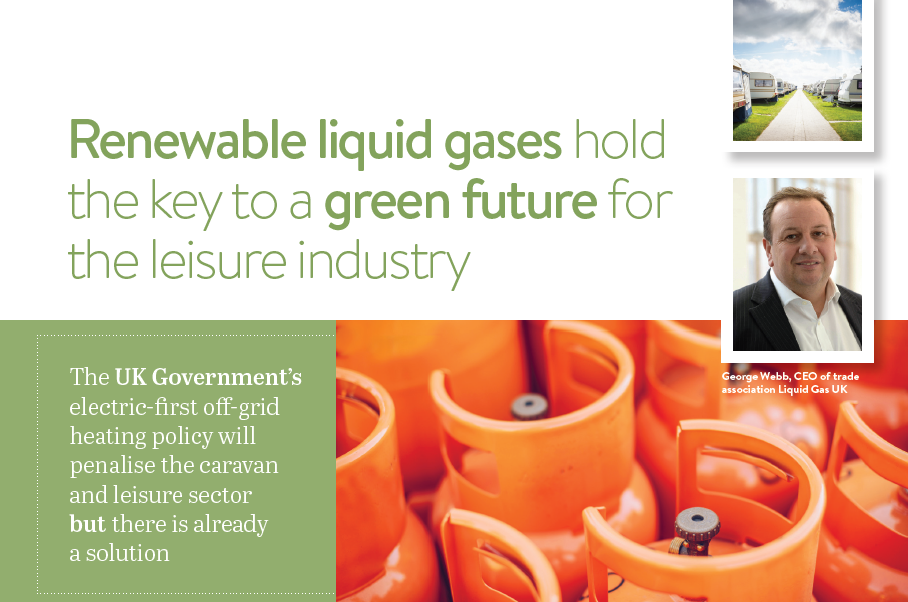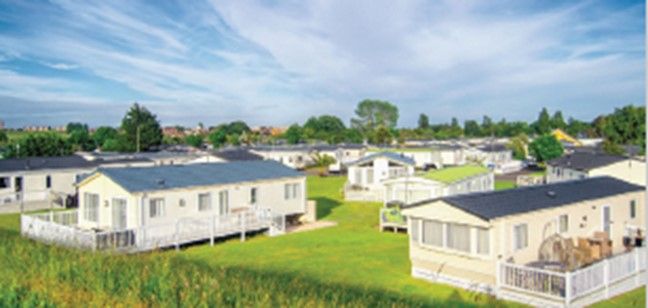
ABOUT LIQUID GAS UK
Liquid Gas UK is the trade association for the liquified petroleum gas (LPG) and renewable liquid gas (RLG) industry in the UK, representing a membership of companies who are LPG and RLG producers, distributors, equipment manufacturers and service providers. Member companies supply over 99% of the total LPG in the UK marketplace, and 100% of RLG.
Liquid Gas UK takes a leading role in liaising and consulting with UK Government and Devolved Administrations to shape policy with respect to the decarbonisation of heat, transport and industry.
The LPG market in the UK is a £1.1 billion turnover industry and, in the run up to 2025, £600m is expected to be invested industry-wide, with £260m being invested in renewable liquid gas alone.
The association also takes a leading role in safety and this is why Liquid Gas UK is a global trailblazer for Codes of Practice, setting high standards for the safe, progressive development and use of LPG and RLG.
Through its Heat and Buildings Strategy and plans for ‘Powering Up Britain’, the UK Government has set out ambitions to decarbonise energy use with the widespread phase out of fossil fuels.
As part of the new rules in England and Wales, from 2026 domestic properties not connected to the mains gas network will be forced to install electrified technologies, such as heat pumps, if their current fossil fuel heating system breaks down. Non-domestic properties must be compliant from 2024 and the deadline for Scottish homes and businesses is 2025.
The move will hit park owners and the wider hospitality industry hard with many static and touring caravans heavily reliant on traditional heating oil and liquified petroleum gas (LPG) for space heating and hot water. Lodges, chalets, glamping units and other structures will also all be affected by the measures.

In the UK, there are an estimated 300,000 static caravans which will be unfairly impacted by the new rules, as many of them rely on these traditional fuels.
Most holiday parks and campsites will also be affected because the majority are located in rural or coastal areas, which are off-grid and not connected to mains gas.
Independent research shows that a heat pump could cost up to £30,000 to install. The Government will only cover up to £5,000 towards installation costs per household. Currently, there are no grants available for businesses.
With the rural hospitality and leisure sector still recovering from the economic impact of Covid-19 and the rising cost of living, these unexpected costs could be significant.


Problems with the Government’s current proposal
George Webb, CEO of trade association Liquid Gas UK, believes the Government’s one-size-fits-all approach fails to consider the complex needs of rural communities and businesses like caravan park users and operators.
Leisure and tourism is the UK’s third largest sector, so it is vital that holiday parks and campsites are not overlooked in the transition to renewable energy, he says.
“The Government’s electrification-first approach to decarbonisation could work well in the case of a new build or purpose-built holiday property, which has been designed to be highly energy efficient,” adds Mr Webb.
“However, for other buildings which may be poorly insulated, such as older caravans and communal buildings found at holiday parks, it may not be practically possible at all.”
He warns that a sudden increase in electrified heating could pose problems for the grid and cause localised blackouts.
“Moving all these parks across to electric for space heating and hot water would cause financial and operational difficulties,” explains Mr Webb.
“The rural grid is unreliable at times, and this would add undue pressure to the network.”
If site operators are forced to go solely electric, these unexpected costs will be passed on to consumers and site residents – something Mr Webb believes will have a significant or detrimental impact on cash flow, particularly for smaller businesses.
He says in some instances, businesses are already passing on higher electricity costs to site users by taking measures to install pre-payment meters where electricity use may have previously been included in site fees.
Calls for change to proposals
In light of these concerns, Liquid Gas UK is calling on the Government to take a fairer, mixed technology approach which recognises that different energy solutions will be required for different property types and locations.
Renewable liquid gas (RLG) is one such solution to decarbonise the hospitality and leisure sector and help meet net zero targets by 2050.
“It’s imperative all businesses are supported to decarbonise in a way that is both practical, fair and cost-effective, regardless of geographic location,” says Mr Webb.
“This will ultimately ensure caravan residents and rural businesses aren't unfairly penalised, while also saving them money by giving them the freedom to choose a heating solution that meets their needs.”
According to energy consultancy Ecuity, taking a mixed technology approach could save £7bn across the whole of the UK while still ensuring the country meets its net zero target.
“The Government urgently needs to re-think its one-size-fits-all approach for properties not connected to the gas grid and ensure we’re offering rural communities a choice in how they decarbonise and, ultimately, heat their holiday properties,” says Mr Webb.
“As an alternative to electric technologies, the Government should consider the benefits of renewable liquid gases, which are a low-carbon and drop-in alternative to LPG, as part of a mixed energy approach.”
A drop-in renewable solution
An affordable solution to phasing out fossil fuels is using renewable liquid gases, such as biopropane (bioLPG), which is already available on the market and offers an emissions reduction of up to 90% compared to conventional LPG.
The liquid gas industry has invested £260m to date, and is investing a further £600m, into the domestic production of RLG until 2025. It is also on track to achieve net zero by 2040 with a pathway in place to deliver this vision.
The new RLGs are made from renewable sources, such as domestic and agricultural waste, and work is currently underway to build the first commercial plant producing these gases at Teesside.
RLG is a chemically identical ‘drop-in’ alternative to LPG, meaning it can be used with existing LPG-ready appliances, heating systems and boilers. It can be stored on-site in existing bulk tanks and cylinders.
Mr Webb says RLG could save the caravan and tourism industry thousands of pounds in retrofitting costs and ensure caravan users can continue to source and order a future-ready product, instead of relying on electric hook-up.
“Renewable liquid gases provide a credible, evidenced solution to reach Government targets in situations where heat pumps aren't viable,” he adds.
“They ensure we can reach net zero in a fair way, offering greater choice and reducing the risk of financial burdens on the path to decarbonisation.
Caravan owners and off-grid businesses deserve the right to choose this practical and affordable low-carbon heating solution.”
RELATED ARTICLES - advice and support
Published on 09 June 2023 By Jenny Blumsom